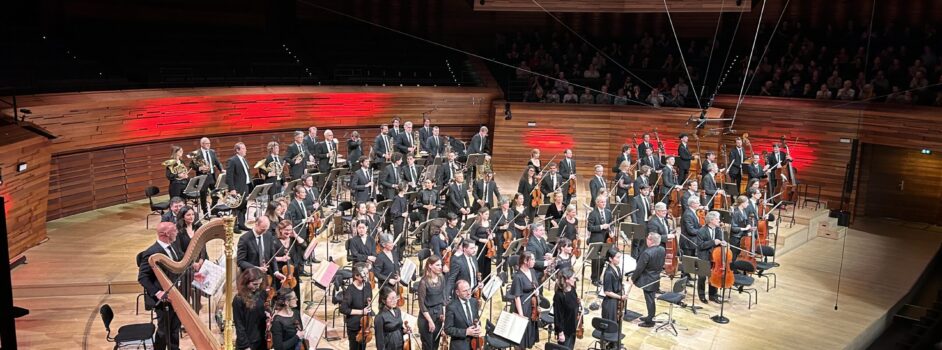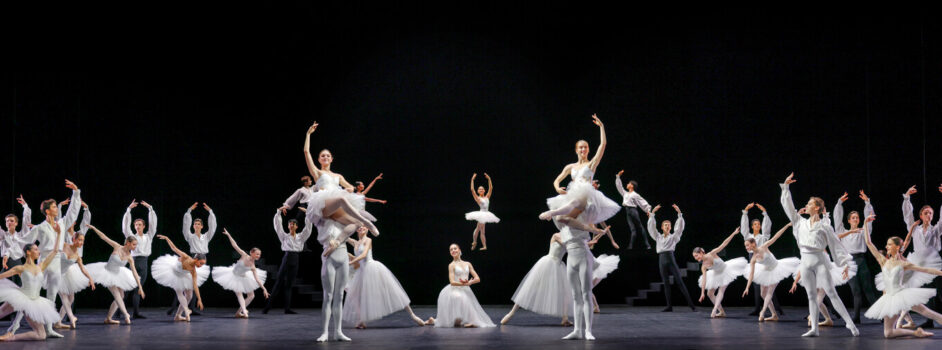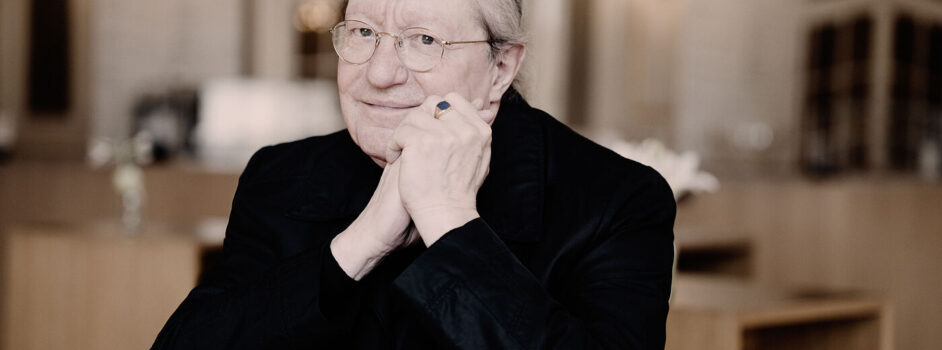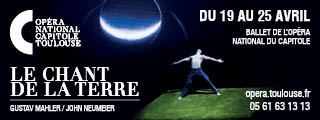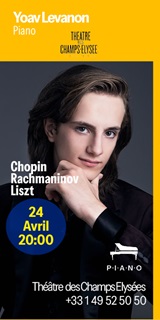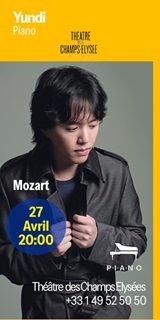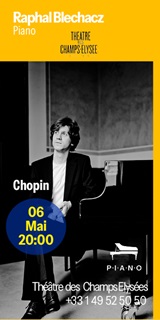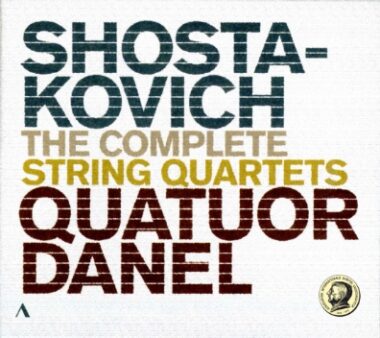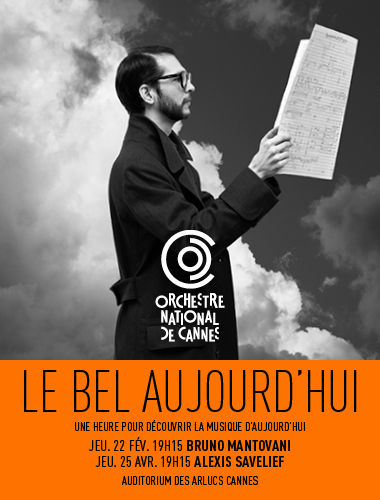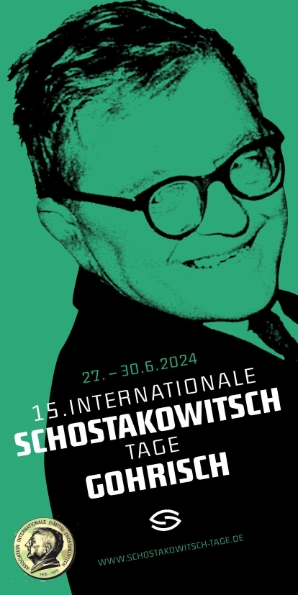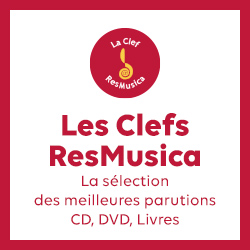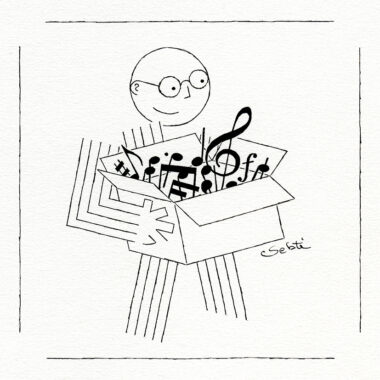Plus de détails
A star whose initiatives are very much looked after by anglo-saxons media, such as the Naked Violin, a album to download for free which is by far not musically nude, Tasmin Little’s carreer is more discreet in French speaking countries. A great champion of Delius music, whose 150th anniversary is celebrated in 2012, she contributed to restore a dynamic and passionate interpretation of his music, away from the dominant nostalgic style of her fellow musicians in the 70’s and 80’s. Interview with ResMusica around Delius, Ravel, and the role of the musician in the future of classical music.
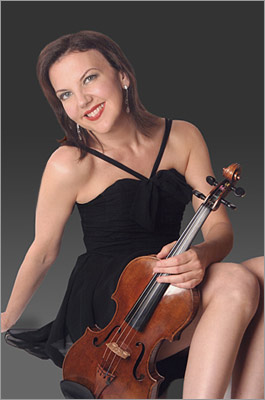 ResMusica : You have been among the few musicians championing the music of Frederick Delius throughout their career. You play it on stage regularly and lastly at the Prom's, you recorded with EMI and Chandos, or by discussing it on the BBC. Have you seen a change in how this music is perceived and received by the audience, in the UK and abroad ?
ResMusica : You have been among the few musicians championing the music of Frederick Delius throughout their career. You play it on stage regularly and lastly at the Prom's, you recorded with EMI and Chandos, or by discussing it on the BBC. Have you seen a change in how this music is perceived and received by the audience, in the UK and abroad ?
Tasmin Little : I do think that there has been a shift in attitude towards Delius's music and this anniversary year has done a great deal to help promote his music. The main problem in the past has been the reluctance of some promoters to programme his music and I do feel that he will always be a composer who divides opinion. Having said that, I have always had marvellous responses from my audiences, whenever and wherever I have played his music.
In fact, one of the most wonderful reactions to his music came after one of my performances that took place in Paris, when I played the 2nd violin sonata with pianist Piers Lane. An elderly lady in the front row jumped to her feet, the moment that our final chord had finished, and shouted at the top of her voice: “Merveilleux!!!!!”. I will never forget that!
RM : When listening to the orchestral recordings of Delius' music made in the UK in the last decade, it seems that the musicians play his music with much more attention and individuality than in the 70's and 80's. Did you see your fellow musicians improve their understanding of his music?
TL : I do feel that conductors such as Charles Mackerras, Richard Hickox and Vernon Handley did a great deal to bring Delius's passionate side to the fore. Perhaps it was the case that a great deal of English music, not just Delius but also Vaughan Williams, was being played with rather too pale a sound during the ‘70's and ‘80's. Certainly I was aware that I wanted to bring out the ebb and flow as well as the muscular side to his music, and I remember that this created a few shock waves when I first started to play it this way in the early ‘90's. However, I am delighted to see that people are more and more aware of how crucial it is to shape and drive the music at certain points, in order to then allow the space for reflection. For me, it is the balance of these two aspects that will create the best performances.
RM : Your latest recording of the Violin concerto and the Double Concerto by Delius was acclaimed by French musical magazine, including a Clef ResMusica.. Delius' music and feeling is actually hard to capture. At what moment in your career did you believe you had “mastered” his music? And what made you feel this way?
TL : I think that my performances are still growing so I'm not sure that I will ever feel I've utterly “mastered” the music! However, I began to feel more confident in my performances after I recorded the violin sonatas with Piers Lane in 1997. In fact, I was absolutely delighted that we were awarded a Diapason d'Or for this recording and it remains one of my favourite recordings.
RM : One of your records brings together Ravel, Poulenc, Debussy and Delius. What relationships do you see between them, other than the fact they were living in France at the same time?
TL : I think that they are all so different but there is one unifying factor and that is a sense of transience in the music. The music moves at a very fast pace and each of the French sonatas is very concise – there is not one wasted note there. But obviously they also have such terrific individuality about their style.
RM : Ravel plays a more important role in your repertoire than other French composers, what attracts you in his music?
TL : I just adore the evocative harmonies of Ravel's music – that stunning sensuality which is often tinged with a Spanish flavour too. He is a master orchestrator and I wish that he had written a violin concerto! Recently I learned his beautiful gem of a sonata, the op posthumos, and the middle section of that piece is like basking in the sunshine in a field of corn! The Piano Trio is a piece that I adore to play when I get the opportunity – the melancholia of the first movement, the crazy dance of the Pantoum, the searing tragedy of the Passacaglia and the light dancing on the water of the Finale. And, not forgetting the Sonata in G major, this is like three Tableaux, each so different in style and absolutely concentrated in essence.
RM : Your initiative “The Naked Violin”, a free album published on your website, created a lot of interest in the UK but also internationally as it was a provocative attempt to demonstrate how artists could promote their own work. What was the motivation at the time?
TL : The motiviation was my long-held belief that everyone, no matter from what background, can appreciate bona fide classical music. I wanted to remove as many barriers as I could and reach out to as many people as possible to see if there were people who would come to classical music who had never listened before. My hunch was right – I was inundated with letters from all over the world and the message was clear. Yes, anyone can appreciate classical music even if they had never thought to listen before.
RM : What did you learn from this initiative, and how do you see your role, as a soloist, in contributing to shape the future of classical music?
TL : I am very proud of the Naked Violin as I spent a great deal of time and put in a huge amount of thought in order to make it as approachable as possible, and the results were more than I had ever thought possible. What I learned was that people like it when a performer reaches out to them. I go regularly into the community in order to take music to places where it isn't often heard and the response is always exceptionally worthwhile. We need to continue to reach out to audiences in different ways – not just through the internet, but in direct contact with our communities. I feel that this is going to be ever more important in terms of strengthening communities and in terms of keeping music alive in the coming years.
Photo : © Melanie Winning
Plus de détails
A star whose initiatives are very much looked after by anglo-saxons media, such as the Naked Violin, a album to download for free which is by far not musically nude, Tasmin Little’s carreer is more discreet in French speaking countries. A great champion of Delius music, whose 150th anniversary is celebrated in 2012, she contributed to restore a dynamic and passionate interpretation of his music, away from the dominant nostalgic style of her fellow musicians in the 70’s and 80’s. Interview with ResMusica around Delius, Ravel, and the role of the musician in the future of classical music.

